
Family Vacations & Your Mental Peace: Strategies for Stress-Free Summer Travel
Family Vacations & Your Mental Peace: Strategies for Stress-Free Summer Travel By: Rane Wallace, MS, LPC, LCDC, SAP Of course, traveling with your family is

From problems with anxiety to depression to addiction problems, there are many reasons why you might make an appointment with a counselor. So, how long should you expect to wait before your first session? Depending on the counselor, your appointment might arrive in a matter of days. However, in some cases, patients wait a month to six weeks before they meet their therapist face to face.
What are you supposed to do if you find yourself waiting longer than you expected? Are there things you can do to prepare for your upcoming appointment? As a Licensed Professional Counselor, I can attest that yes, there are plenty of things you can be doing while you wait for your appointment. Want to know what they are? Today’s blog covers what to do while you wait for counseling to start.
An easy thing to do while waiting for your counseling appointment is to closely monitor your mental health status. Take note of how you’re feeling each day and write it down in a journal. Not only is this a great way to check in with yourself, but journaling can be used as a jumping-off point for future conversations with your therapist.
I recommend jotting down any information about the symptoms that you’re experiencing or the concerns that you’re bringing into therapy. Sharing data like this with your therapist ensures that you get the most out of your session.
Note: Plenty of my patients bring their journals to their appointments. Doing so ensures that we cover all the events of the previous week, month, etc.
If you find that your symptoms worsen to a point of crisis, you should seek emergency help immediately. This can include (but is not limited to):
If you experience any of the above, call an emergency number (911) or visit the nearest emergency room. If you are not at immediate risk of harming yourself (aka medical intervention is not needed right away), call the National Suicide Prevention Lifeline (988).
If you are struggling with feelings of loneliness, focus on spending time with other people during your wait for counseling to get started. I would recommend joining a club, volunteering at a local nonprofit, or doing things you enjoy with people you enjoy being around. Healthy relationships can help ease symptoms of trauma, so surrounding yourself with friends and family is a great thing to do leading up to your appointment.
Wondering what to do while you wait for counseling? Why not take the time to learn more about therapy and what to expect? If you don’t know where to start, I recommend scrolling through your therapist’s website and reading about their different treatment options. While it might seem trivial, understanding your therapist’s methods and treatments (cognitive behavioral therapy, talk therapy, etc.) will help to maximize your sessions. I’d also encourage you to check out their blog and read some of the articles they write to get a good feel for them.
Self-care doesn’t have to mean bubble baths and face masks and eating ice cream on the couch. (Or it could mean those things!) Regardless, you should be taking extra care of yourself while you’re waiting for therapy. Of course, self-care means different things to different people, so it’s important to figure out what it represents for you. Building good habits and routines is especially important for your mental health.
Drawing a blank? Here are some popular self-care practices you could try:
Before your first appointment, I encourage you to think about what it is you want to get out of therapy. Treatment is always more effective when both parties have an idea of what they want to accomplish. For that reason, you should share your goals with your counselor, and you can work on tracking your progress together.
If you have any questions about your symptoms, treatment, or therapist, now is a good time to write them down. Not only will such questions provide clarity regarding your treatment plan, but they will make sure your therapist is the right fit for you. Some examples of questions you might want to ask your therapist include:
Our bodies carry around our trauma. Therefore, taking care of your physical health can help calm your nervous system and ease your mind. Again, this process is going to look different for everybody, so I recommend doing something that feels right to you. This could be anything from eating healthy to getting a therapeutic massage to something else entirely. After all, stress can have a lot of effects on your body.
Wondering what to do while you wait for counseling? If your appointment is taking longer than expected, I hope that some of these strategies will help you pass the time. Of course, if your waiting time seems excessive and/or unbearable, it might be in your best interest to schedule an appointment with another counselor.
Fort Wellness Counseling is home to one of the top-rated therapists in the Dallas-Fort Worth area. Providing patient-centered care, we’re able to treat symptoms of anxiety, depression, codependency, mental disorders, and more. We understand that every patient arrives at our door with a different journey, so we use an individualized approach to accomplish long-term change. After all, shouldn’t your therapy be catered towards your specific and individual needs? At Fort Wellness Counseling, we help you to become the best version of yourself and help you thrive.
Are you ready to learn the skills and techniques to overcome your burden? Our team of professionals is here to help. You can schedule a counseling appointment easily.

Family Vacations & Your Mental Peace: Strategies for Stress-Free Summer Travel By: Rane Wallace, MS, LPC, LCDC, SAP Of course, traveling with your family is

Mental Health 101: Debunking Common Myths By: Rane Wallace, MS, LPC, LCDC, SAP Every May, Mental Health Awareness Month raises awareness and advocacy for people

Medical Trauma: Understanding and Healing from Difficult Healthcare Experiences By: Rane Wallace, MS, LPC, LCDC, SAP Over the years, I’ve come to understand that for

Social Media Depression: Beyond FOMO to Algorithm-Induced Mood Change By: Rane Wallace, MS, LPC, LCDC, SAP I’ve seen this happen so many times with patients,

How to Wind Down at Night: Simple Sleep Hygiene Tips By: Rane Wallace, MS, LPC, LCDC, SAP Sleep hygiene might sound like a fancy term,

Pregnancy and Postpartum Anxiety Treatment in Fort Worth By: Rane Wallace, MS, LPC, LCDC, SAP Have you or a loved one experienced anxiety during pregnancy

Breaking the ‘New Year, New Me’ Mindset: A Guide to Sustainable Change By: Rane Wallace, MS, LPC, LCDC, SAP In my years as a therapist,
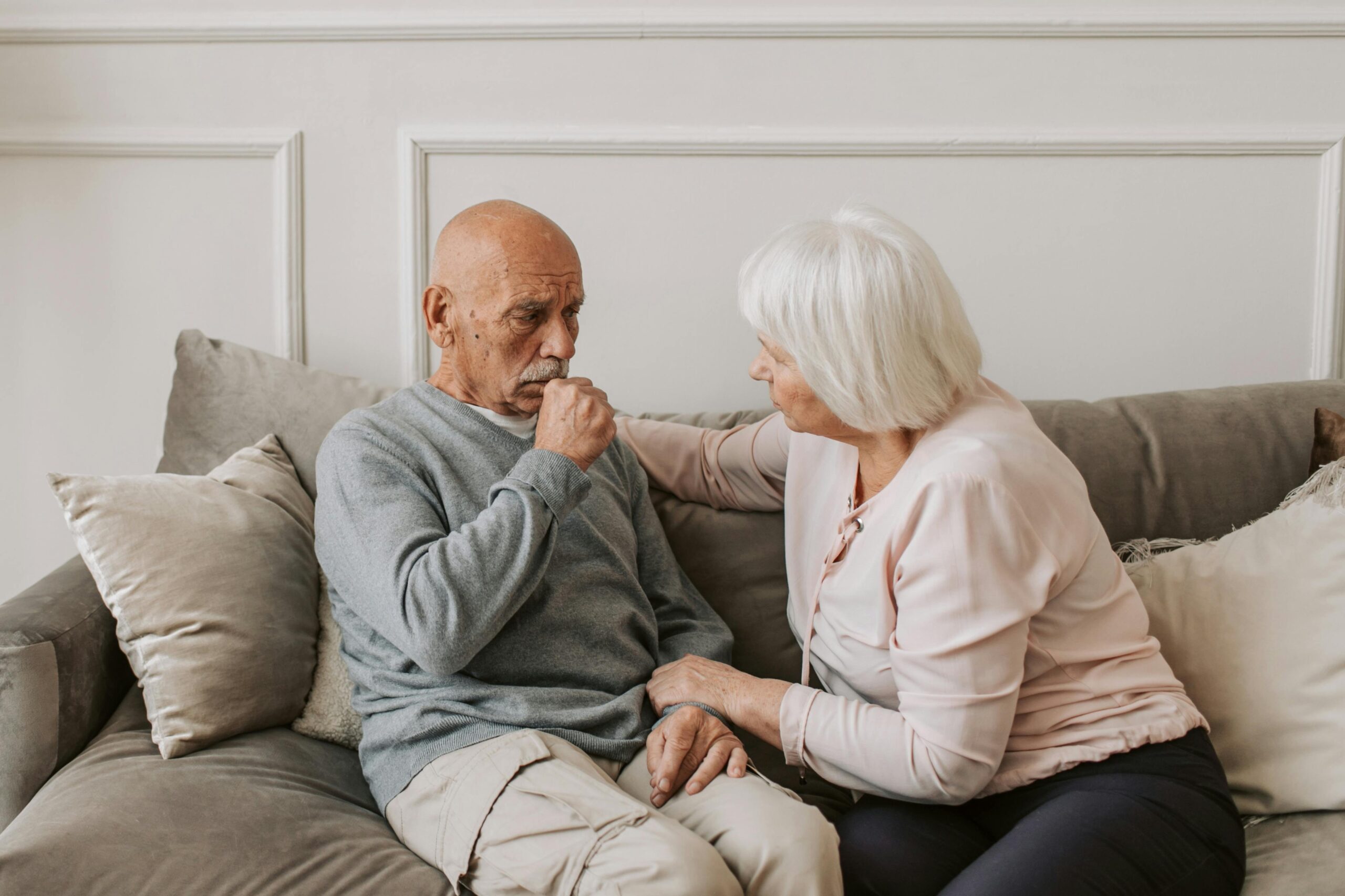
How to Support a Partner with Chronic Illness: A Mental Health Perspective By: Rane Wallace, MS, LPC, LCDC, SAP Living with a chronic illness can

EMDR for Attachment Issues: Building Healthy Relationships By: Rane Wallace, MS, LPC, LCDC, SAP When you hear “EMDR therapy” (Eye Movement Desensitization and Reprocessing), you

How to Deal with a Narcissistic Partner By: Rane Wallace, MS, LPC, LCDC, SAP Do you ever feel like your partner thinks they’re better than

How to Recover from Burnout By: Rane Wallace, MS, LPC, LCDC, SAP Burnout is a common struggle in today’s fast-paced world. Life’s relentless demands can

The Benefits of Attending Couples Counseling By: Rane Wallace, MS, LPC, LCDC, SAP There’s a misconception about couples counseling – that it signals the end

Things to Know About Individual Counseling in Fort Worth, TX By: Rane Wallace, MS, LPC, LCDC, SAP May is Mental Health Awareness Month, a good

Everything You Need to Know About EMDR Therapy By: Rane Wallace, MS, LPC, LCDC, SAP Have you heard about EMDR therapy and want to learn

What is Nature Therapy? (And Why You Should Be Doing It!) By: Rane Wallace, MS, LPC, LCDC, SAP Let’s face it: there’s just something about
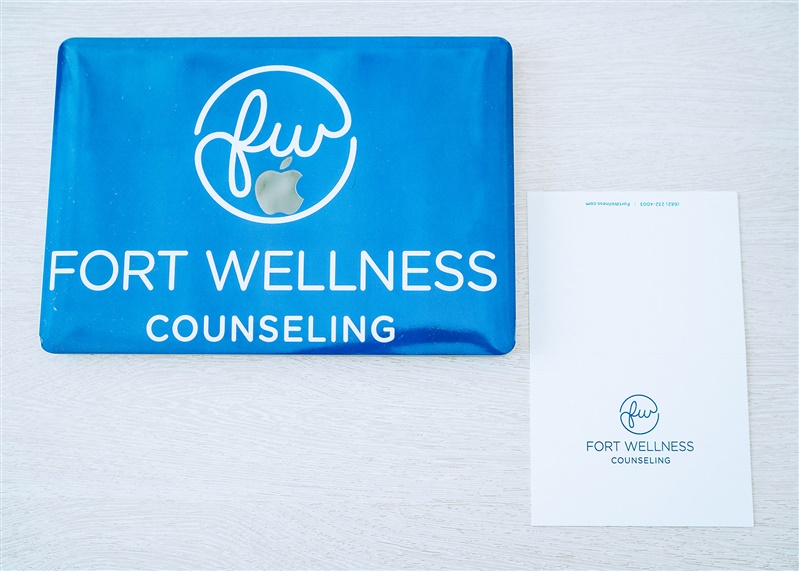
The Benefits of Virtual Therapy in Texas By: Rane Wallace, MS, LPC, LCDC, SAP Technology is changing everything, and healthcare is no different! Thanks to
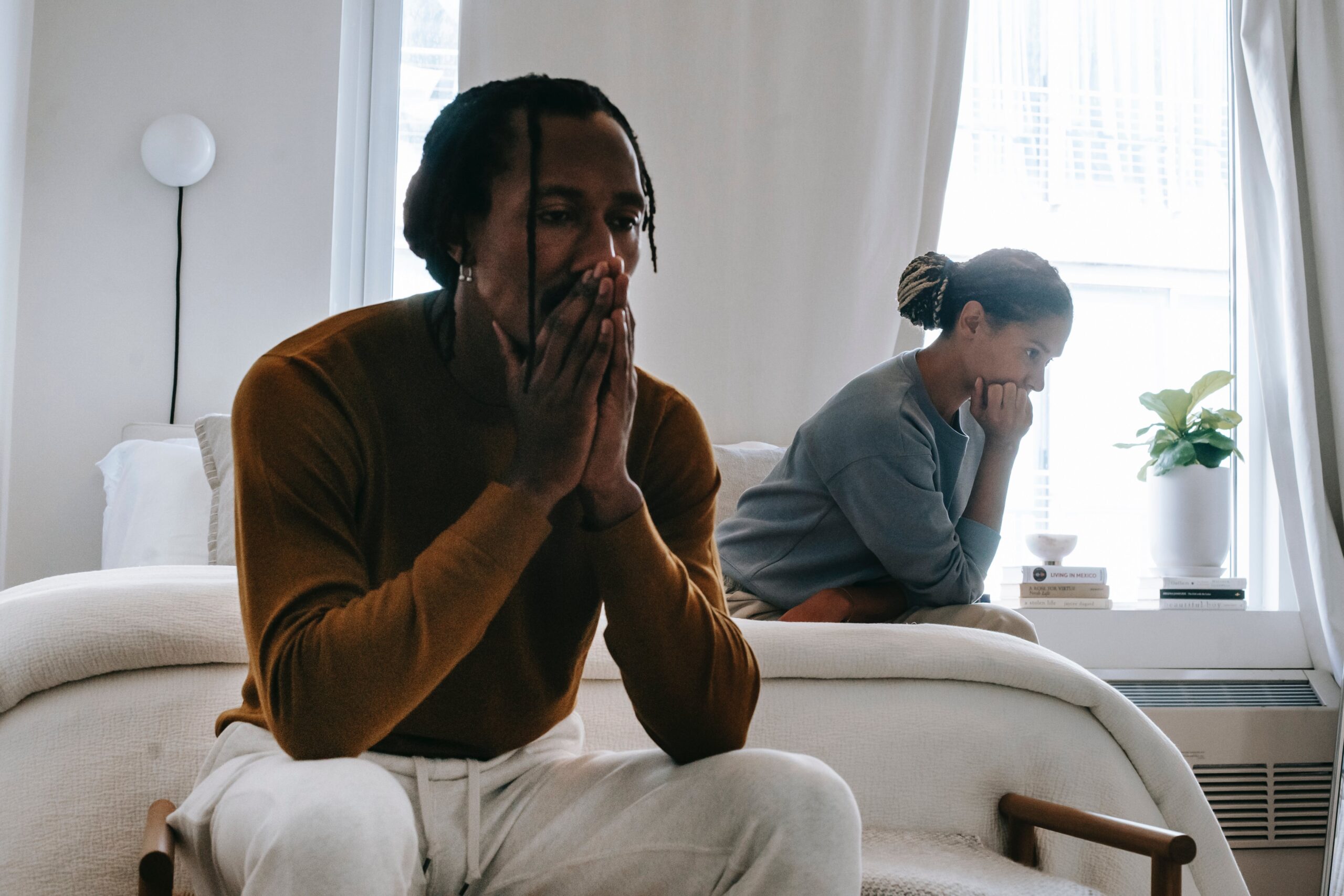
How to Get Over a Breakup By: Rane Wallace, MS, LPC, LCDC, SAP Breaking up with a romantic partner is painful – no matter the reason

How to Set New Year’s Resolutions By: Rane Wallace, MS, LPC, LCDC, SAP How to Set New Year’s Resolutions Setting goals gives us a sense
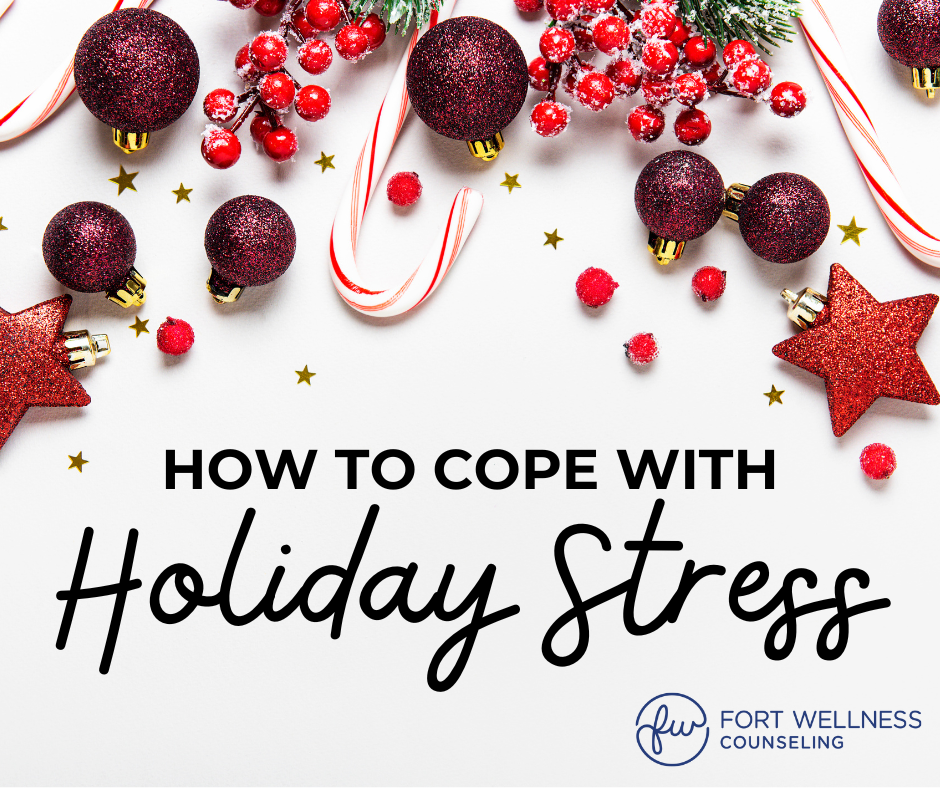
How to Cope with Holiday Stress By: Rane Wallace, MS, LPC, LCDC, SAP Say No to Prevent Burnout There are an abundance of obligations that

Trauma Therapy in Fort Worth: Types, Benefits & More By: Rane Wallace, MS, LPC, LCDC, SAP Believe it or not, an estimated 60% of men

How to Communicate Better in Relationships By: Rane Wallace, MS, LPC, LCDC, SAP Whether with coworkers or your significant other, the ability to communicate effectively

How to Prevent Seasonal Affective Disorder (SAD) By: Rane Wallace, MS, LPC, LCDC, SAP If you’re struggling with winter blues, know you’re not alone. SAD

What is a Functioning Alcoholic? By: Rane Wallace, MS, LPC, LCDC, SAP When someone is deemed a ‘high-functioning alcoholic,’ they’re able to carry out daily

How to Help Yourself – And Others – with Suicidal Ideation By: Rane Wallace, MS, LPC, LCDC, SAP September is Suicide Awareness Month. And while

32 Questions to Strengthen Your Relationship By: Rane Wallace, MS, LPC, LCDC, SAP When was the last time you had a meaningful conversation with your

The Fawn Response: How Trauma Can Lead to People Pleasing By: Rane Wallace, MS, LPC, LCDC, SAP Do you often find yourself putting the needs

How to Overcome ‘Hangxiety’ (Post-Drinking Anxiety) By: Rane Wallace, MS, LPC, LCDC, SAP Thought the consequences of drinking heavily were merely physical? Unfortunately, you’ll have

What is Box Breathing? Plus Tips for Beginners By: Rane Wallace, MS, LPC, LCDC, SAP Ever heard of box breathing? This popular relaxation technique involves

Do Mindfulness Exercises for Anxiety Work? By: Rane Wallace, MS, LPC, LCDC, SAP Do mindfulness exercises for anxiety work? If you (or people in your

What is Trauma Bonding? 4 Warning Signs By: Rane Wallace, MS, LPC, LCDC, SAP If you’ve ever been in an abusive relationship and felt bonded

Why Do We Cry? 4 Reasons and Crying Benefits By: Rane Wallace, MS, LPC, LCDC, SAP There’s no getting around it – crying is part

What Is Habit Stacking? (And How to Do It) By: Rane Wallace, MS, LPC, LCDC, SAP Supporting our mental health is one of those goals

5 Tips for Living with Someone with OCD By: Rane Wallace, MS, LPC, LCDC, SAP While living with OCD (obsessive-compulsive disorder) can be demanding, living

What is Assertive Communication? By: Rane Wallace, MS, LPC, LCDC, SAP So, what is assertive communication? Well, in a nutshell, this communication style aims to

PTSD Counseling in Fort Worth: Proven Coping Strategies By: Rane Wallace, MS, LPC, LCDC, SAP For those who didn’t already know, post-traumatic stress disorder (PTSD)

Brainspotting vs. EMDR: What’s the Difference? By: Rane Wallace, MS, LPC, LCDC, SAP According to the National Council for Mental Wellbeing, 70% of American adults
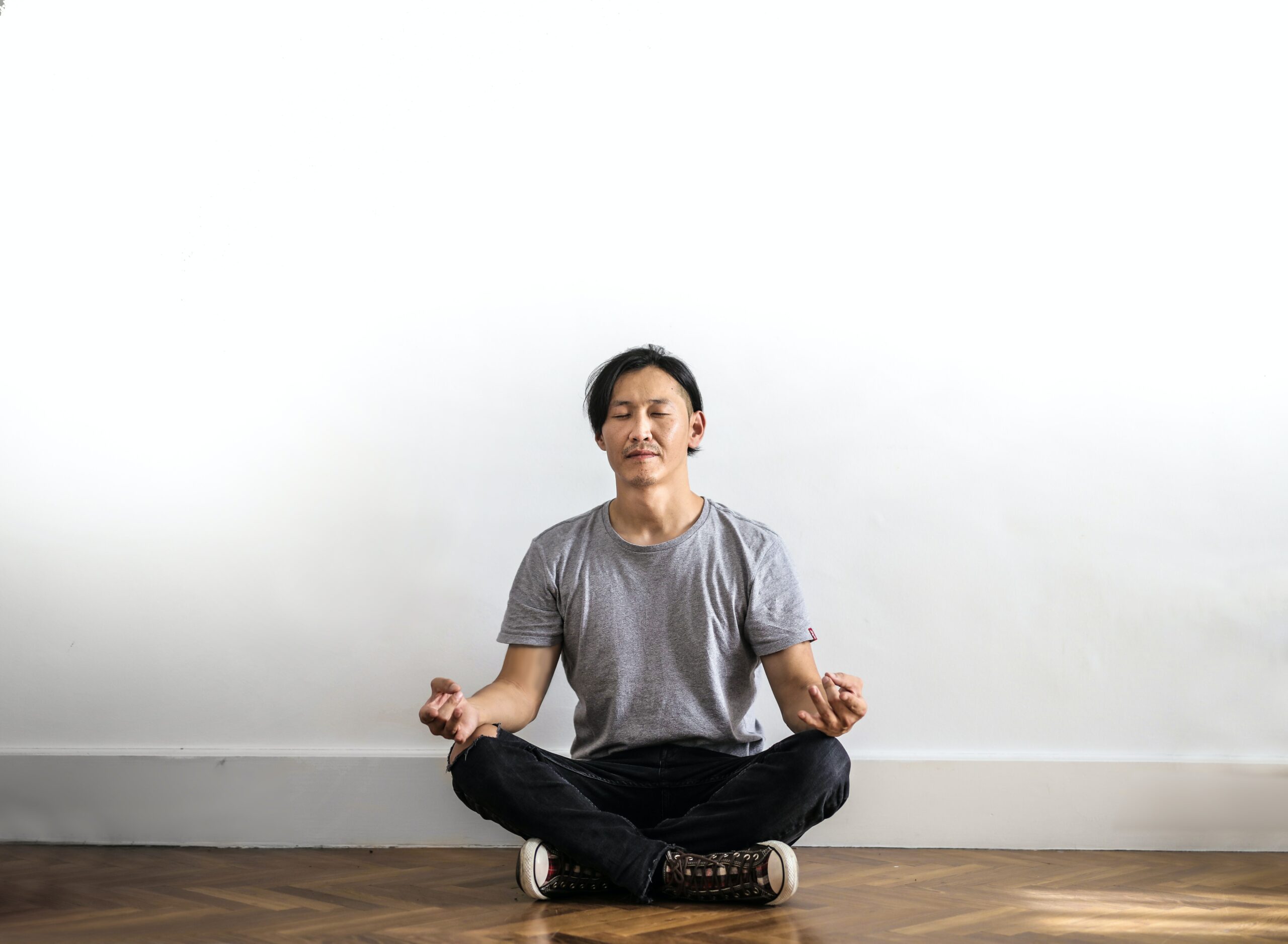
Mindfulness Exercises to Strengthen Your Recovery By: Rane Wallace, MS, LPC, LCDC, SAP Are you recovering from alcohol and/or substance abuse? Self-improvement is a life-long

How to Find a Counselor in Fort Worth By: Rane Wallace, MS, LPC, LCDC, SAP Are you considering therapy? If so, finding a counselor in

How To Not Be Codependent In A Relationship By: Rane Wallace, MS, LPC, LCDC, SAP Wondering how to not be codependent in a relationship? Sometimes

What is Parental Anxiety? Coping Tips from a Therapist By: Rane Wallace, MS, LPC, LCDC, SAP Every parent wants to shield their child from danger

What is EMDR Therapy? By: Rane Wallace, MS, LPC, LCDC, SAP Ever heard of eye movement desensitization and reprocessing therapy? More commonly known as EMDR,

8 Proven Tips to Sleep Better at Night (and Improve Your Mental Health) By: Rane Wallace, MS, LPC, LCDC, SAP Struggling with restless nights and
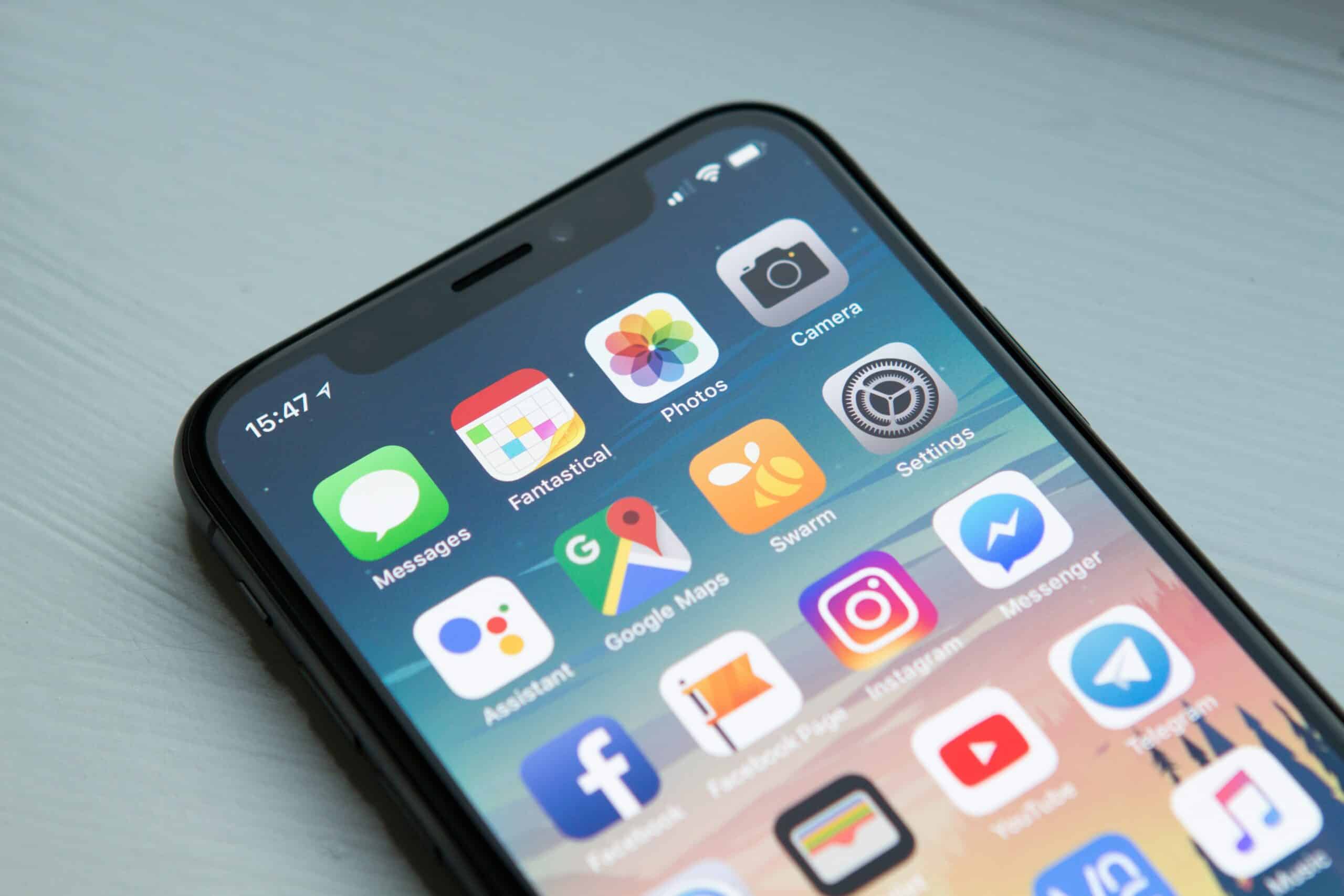
How to Have a Healthy Relationship with Social Media By: Rane Wallace, MS, LPC, LCDC, SAP In today’s world, there’s no escaping the presence of

What Is The Goal of Psychotherapy? By: Rane Wallace, MS, LPC, LCDC, SAP Have you been considering psychotherapy? The start of a new year is

What is Brainspotting Therapy? By: Rane Wallace, MS, LPC, LCDC, SAP Brainspotting therapy is a kind of alternative therapy that is gaining immense popularity in